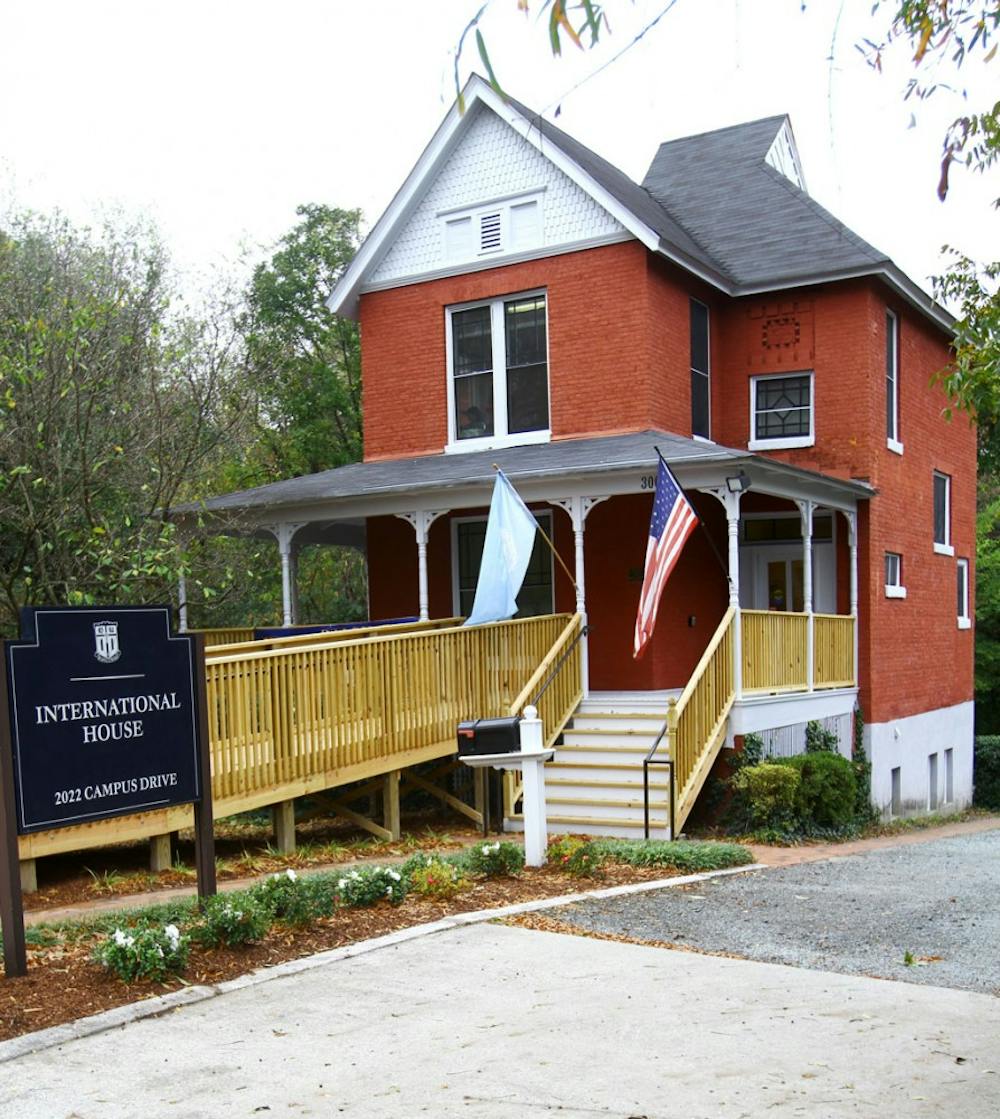With students from 64 countries and 47 U.S. states, representing many races, ethnicities, genders and socioeconomic statuses, Duke is home to a unique assortment of people and cultures that foster a diversity of opinions and ideas. Duke’s desire to create a multicultural community is evident from the way it shapes its classes with people from all walks of life. However, are we as Duke students taking full advantage of that diversity by recognizing and appreciating each other’s perspectives and cultures? And is creating a more inclusive community a question of honor?
The Honor Council believes that creating a community that allows us to bridge cultures, build lasting friendships and embrace inclusiveness deeply depends on notions of honor, integrity and moral courage. Recent Honor Council discussions have revolved around the multiplicity of perspectives on campus and the ways in which a community can be built around a spirit of candor that cuts across the ingrained social and political boundaries, embracing the wonderful opportunities created by diversity and inclusion. With this in mind, we must reflect on our efforts to create a more globally diverse and inclusive community.
Personally, I have witnessed little genuine effort by both international students and American students to truly recognize and appreciate each other’s perspectives and culture. From my experience as an international student, it seems that international students often tend to form some of their closest friendships with other international students; despite coming from distinct countries, international students can empathize with each other. While some international students have an easier time adjusting socially, others struggle either because of language barriers or conservative upbringing. These barriers create a transparent wall, which very few locals and internationals are willing to break through.
It is upsetting that often generalizations about entire countries are made based upon the values and behavior of a few individuals. Stereotypes will be eliminated only if we make a genuine effort to understand each other’s cultures and viewpoints, beyond the food, dance and traditional clothing. Duke curriculum emphasizes cross-cultural inquiry in an attempt to nurture global leaders who understand and appreciate the cultural limitations, values and outlook of other nations around the world. But are we embracing the culturally inquisitive spirit outside the classroom? How many of us approach international students to hear their side of the story before jumping to conclusion based on that portrayed by the media? How many internationals hush their ideas and opinions in the pursuit of blending in with the Americans? How many foreign students avoid asking hard questions about the foundations of America, the Civil War, or the civil rights movement for the fear of offending?
Curiosity and cultural exploration should always be encouraged because they allow individuals to see cultural and global phenomena in new light. There are definitely subtle ways of approaching sensitive issues without hurting the sentiments and values of others. However, there is a fine line between asking questions to hear a new perspective and asking questions with the intent of challenging or attacking a peer. Honor and integrity help draw this line, to create a harmonious society where individuals can begin to understand the world around them while respecting others and their beliefs.
There are several communities and students on campus that harbor resentment towards others based on what they have been taught to be true. These students should embrace the unique opportunity at Duke to get to know someone for which they may harbor resentment. Students should make a genuine effort to understand their perspective, to learn to value and respect people on the basis of who they are instead of the place or background they come from.
Duke is a melting pot in itself and every single one of us has the opportunity to embrace multiculturalism, to develop a global orientation, and to establish a diverse group of friends. Creating an inclusive community is a two-way process that builds on the cooperation of both internationals and locals. We must remember to actively listen, to hold our notion of honor high in every pursuit, to have integrity, and to have the courage to act when the Standard is compromised.
This week's column was written by first-year Priya Parkash.
Get The Chronicle straight to your inbox
Signup for our weekly newsletter. Cancel at any time.

